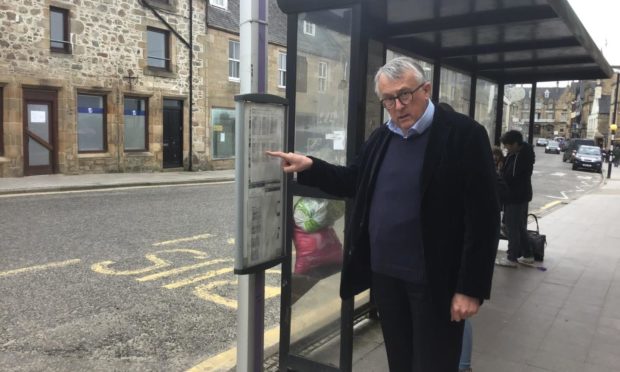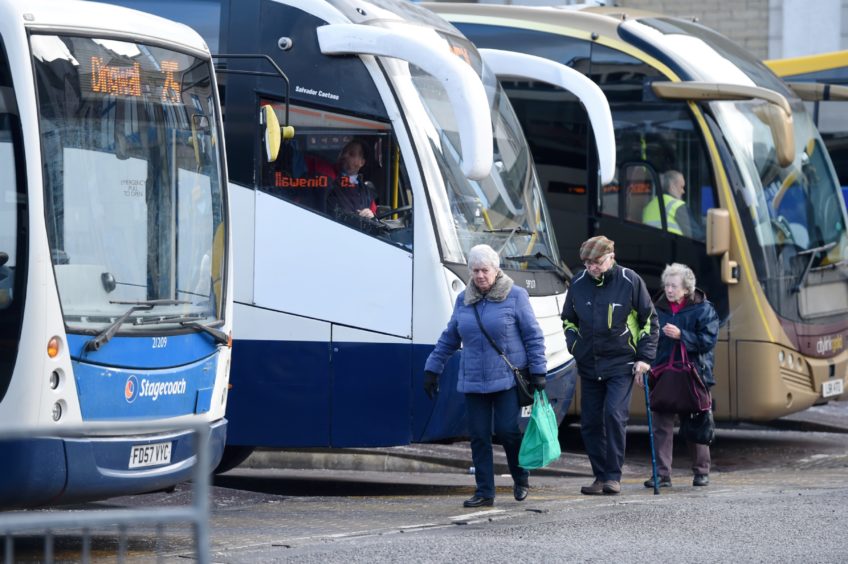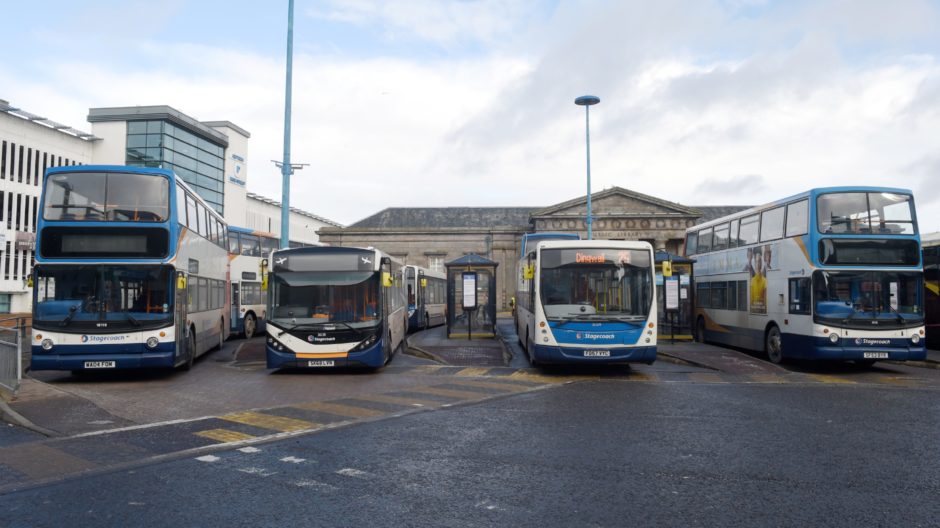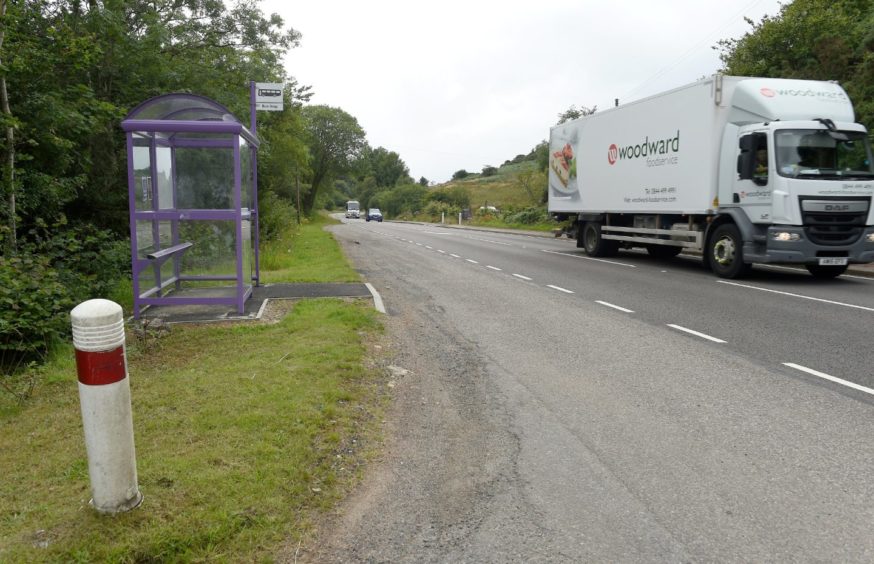Calls have been made for an audit of bus services in the Highlands, after official statistics revealed the region saw one of the most severe declines of local bus services across Scotland over the past five years.
Data published by Transport Scotland shows that since 2015/16, the estimated kilometre coverage by region for local bus services in the Highland, Islands and Shetland areas reduced from around 39 million km to 35 million km, a decrease of 13%.
The same percentage drop was recorded for the North-east, Tayside and Central region, while the South East region, which Transport Scotland defines as including Clackmannanshire and Edinburgh amongst others, saw a five-year increase of 10%.
Yet between 2018/19 and 2019/20, the Highlands, Islands and Shetland region were the only parts of Scotland where the number of passenger journeys on buses actually went up, from 10 million in 2018/19, to 11 million in 2019/20.
The figure reduced or stayed around the same everywhere else in the country during the same period.
‘The demand is there, but the supply is not’
Jamie Stone, the Lib Dem MP for Caithness, Sutherland and Easter Ross said he wants Highland Council to audit bus services in the local authority, and identify what improvements can be made – but the council says it is seeking to form a “bus service improvement partnership”.
Mr Stone said: “What the stats say is that the amount of kilometres the buses are covering has shrunk, and it’s as simple as this – if they’re not doing as many kilometres, there’s not as many services.
“And yet the amount of people using the buses has gone up in this last year.
“I live near Asda in Tain. The people who work at Asda that I know might be coming in from the likes of Brora, Golspie, Alness, Shandwick, and the bus services have got a lot worse, and made it a lot harder for them to get to work.
“Some even have to pay for taxis, which they can ill afford.
“I’ve really had a steady drumbeat of people coming to me and complaining of services being reduced.
“The demand is there, but the supply is not.
“The long and the short of it is that it’s not good enough.”
Carbon footprint, financial issues, and young people
The MP said the situation can cause all manner of problems, particularly for the younger generation.
He added: “I know many people who are finding it really quite difficult getting back and forth from their jobs, and having to pay for taxis is a really big hole in your finances.
“But it’s also about the carbon footprint here, and about young people.
“Let’s say you’re a youngster in Balintore, which is not particularly great for bus services.
“You’re aged 17 to 18, and want to work in any old job in Tain. Because you can’t get there easily on the bus, it’s a real discouragement, and you might say well stuff it, what’s the point?
“I have always understood that any government should be ensuring services are provided at an equal footing regardless of whether you live in a village in the Highlands, or somewhere just outside Edinburgh.
“The bus services in East Sutherland and Easter Ross are not complicated, and not faced with issues like roads being blocked by snow, they’re not the same as Wester Ross, they’re not very much different from bus services in East Fife or Angus.
“So it’s relatively easy, and yet we’re seeing a decline in services.”
Audit
Mr Stone said he would like to see Highland Council carry out an audit of its bus services.
He said: “I think what should happen is a proper examination of the bus services, possibly going to the Highland Council and saying let’s audit the bus services, and where they identify the gaps, such as not having them at the right time of day to match people going home from work, they should say right, let’s rejig these services.”
Highland Council’s response
A Highland Council spokesman said plans are in place for a new scheme to improve bus services, including all bus operators and the regional transport body Hitrans.
He added: “Highland Council has recently invited all bus operators to join a Bus Service Improvement Partnership, which will also include Hitrans.
“We expect that, after a statutory consultation period, the partnership will be formally established later in the year.
“Monitoring bus service data and identifying actions to develop patronage will be central to the work of the partnership.”
Transport Scotland
A spokesman for Transport Scotland added: “Bus services have been vital in keeping Scotland moving safely during the pandemic and remain at the very heart of our plans for Scotland’s green recovery.
“We have made up to £252.7 million available in emergency funding to keep services running since June last year.
“We have also maintained concessionary reimbursement and Bus Service Operator Grant payments at levels forecast before Covid-19, where we would normally spend over £260 million each year.
“At the same time and as part of our response to the climate emergency, we’re providing long-term investment of over half a billion pounds, through the Bus Partnership Fund and other measures, to deliver targeted bus priority measures on local and trunk roads.
“This action is specifically intended to reduce the negative impacts of congestion on bus services and address the decline in bus patronage.
“In addition, The Highland Council received the first Scottish Government Bus Priority Rapid Deployment Fund award of over £442,800.
“This fund has created two temporary bus-only gateway, which is already making it easier for buses to travel on the network – improving journey time and reliability.”
To read the latest bus service statistics, go to pages 65 and 66 of this document.




